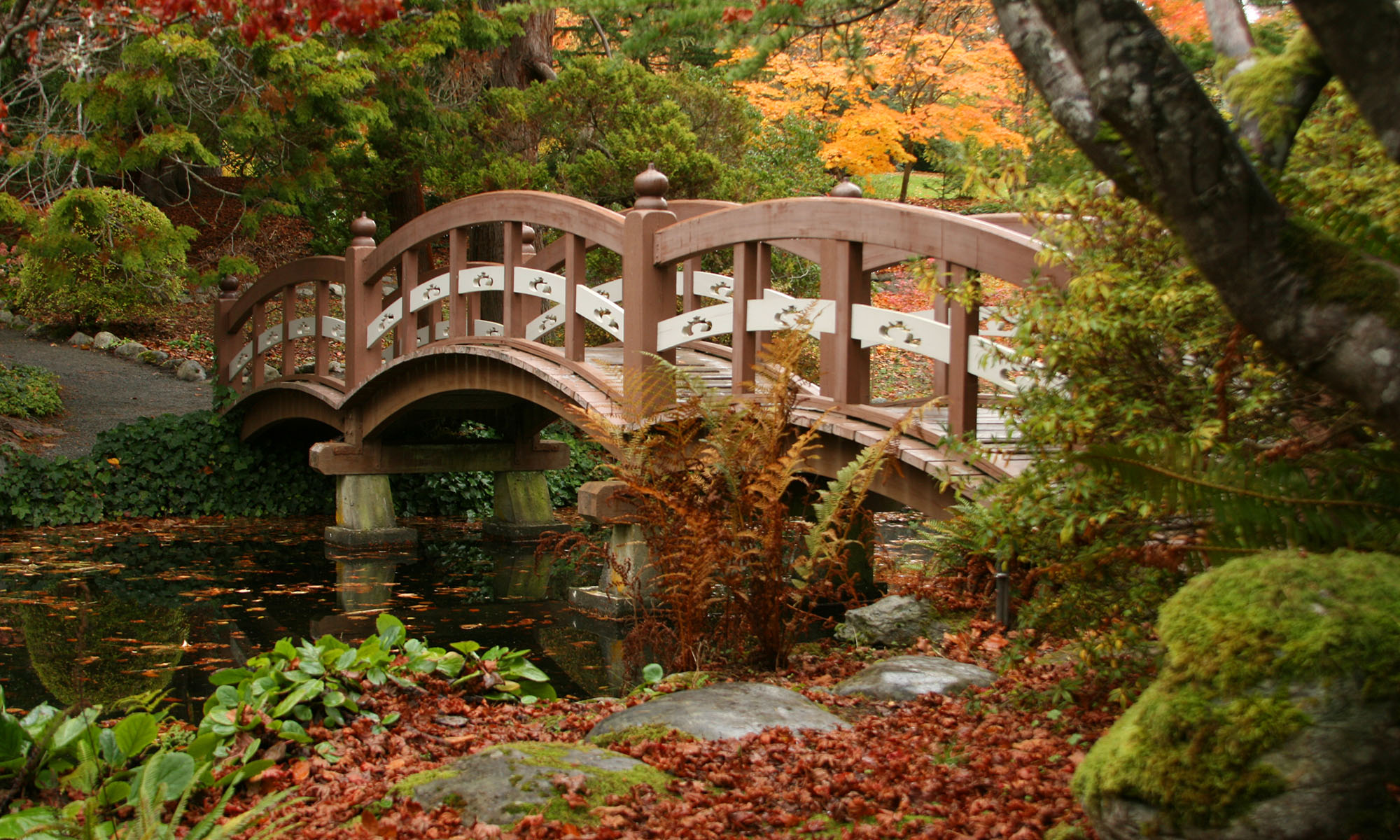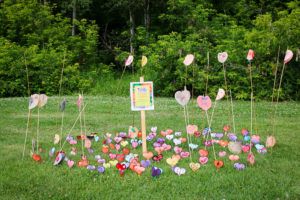[two_third_last]tanisi, Krista Osborne, nitisiyihkâson. I am the daughter of Donna and Frank Wright. I was born in London, Ontario and moved to St. Albert when I was three years old. I come from a long line of settlers on this land. Today I write to you as I continue my journey in understanding what being a settler means. I have long ago learned of the legacy of residential schools in Canada and specifically in our community. I like to think of myself as pretty open to learning and understanding about these things. We had two residential schools here: St. Albert Youville and Edmonton Poundmaker, the latter of which closed in 1968.
I go through times where I ignore the realities of what this means happened in our community. As a person with great privilege, I can do that. I can ignore things that make me uncomfortable and hide behind thoughts like, “It wasn’t me, I didn’t do anything. It happened a long time ago.” These are the thoughts of a naïve younger version of myself.
I know that my indigenous friends and neighbours don’t have the luxury of turning it off like I do. They live with the legacy of residential schools daily through racism, ignorance and family trauma. The news of 215 children that died while they were supposed to be in the care of a school in Kamloops pulled me again out of my head in the sand. How many bodies of children are on the grounds of the sites of our residential schools?
I knew that Vital Grandin was one of the key architects of the residential school system but what I hadn’t understood is how direct his intentions were about irradicating indigenous culture: “We instill in them a pronounced distaste for the native life so that they will be humiliated when reminded of their origin.”- Vital Grandin.
This is unacceptable. It is unacceptable to have our First Nations and Metis citizens to have to live within communities and schools that bare this man’s name. For anyone that has ever been a victim of violence you know the difficulty it can be to utter the perpetrator’s name. Now think about sending your kid to the school named in that person’s honour or driving down the road with that name on your way to the grocery store. It is unacceptable.
The role of allies is to take on this fight. I am choosing not to ignore this any longer. I have to say something and do something. I should have a long time ago. It should not be the role of our First Nations and Metis citizens to have to fight for this acknowledgement.
Healing happens through relationship. Respect is earned.
Hiya, Hiya.


Well said. I believe you are not only speaking to us but for us. Thx